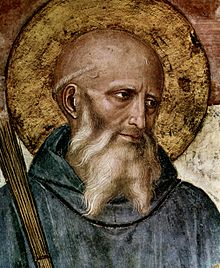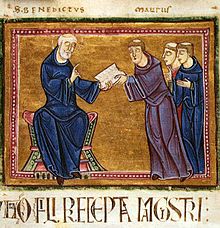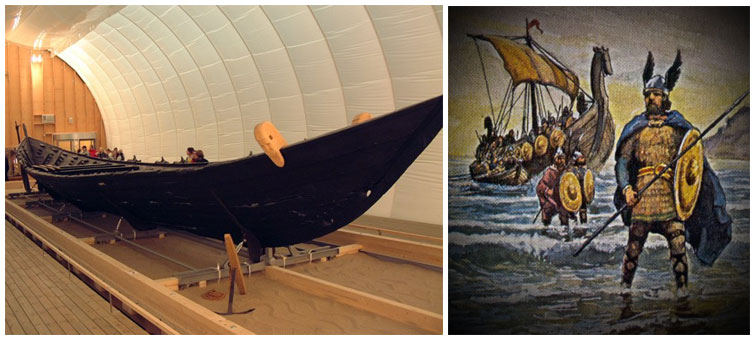Arminius, are you intentionally lying by pulling facts out of your ass that no historian would never take seriously for a moment, or are you deeply foolish and was tricked by someone, being told this in a book.
If the latter, tell me the author, if the former, stop it.
Capitalism predates the Roman Empire. Carthage actively engaged in it, the social wars in Rome erupted over it. St. Benedict hardly wrote the first monastic rule, Anthony did- the Orthodox churches follow Basil’s rule.
Germans, as in Goths, were doing very little trade, during Roman times. The archeology in Germany in this period are centered around Roman ruins, and Roman trade outposts in German lands. They traded in Amber, Slaves, Leather, Mercenaries, and wild game. It wasn’t the Germans who figured this out, but Roman penetration into German trade markets (what little existed). Our ancestors had diddly jack to do with the creation of capitalism. Market economies rose way, way, way before our ignorant, drunkard ancestors did anything of note. We were running around wild hair and butt naked back at the beginning of it. Judaism, much less Christianity, wasn’t around yet.
For capitalism, you need property, trade, markets, and private property, and currency. This is Mesopotamian in origin. The Goddess’s Silver… silver spirals built up in temple treasuries. Land acquisition and property rights, rules of inheritance, debt, concepts of bankruptcy. Actual, dedicated markets. Rules posted for tariffs. Fixed prices for imports/exports when treaty rights don’t ensure free trade. Communities thriving off of shipments, such as the phonecians. Early money lending methods. Philosophies examining luxury and Nietzschean class Nihilism, such as the Assyrian Dialogue of Pessimism:
en.m.wikipedia.org/wiki/Dialogue_of_Pessimism
I even posted a cover of a book you couldn’t possibly of missed that is older. Its towards the top of the thread, the first, big… freaken obvious book. It should of kindled some kind of awareness in your head that its origins wasn’t Germanic. Clearly isn’t a Germanic mosaic, we couldn’t draw worth crap back then.
As to your opinion of authentic early Christianity, whatever. You just picked a favorite era. How many 6th century christian texts have you combed over with your monocle? I’m in deep with John Malalas, trying to rectify him with earlier and later historians. What’s your opinion on his historical methods and factual representation of world history and christian orthodoxy?
You haven’t the slightest clue. Romans built factories for mechanically manufacturing goods, had custom officials, road networks, regional passports, traded on the silk road. That declined in eras, but never stopped. Never. Capitalism is something we inherited.
I can’t even begin to understand what motivates someone like you to post the drivel you post. You gotta be trying to intentionally trying to obsfuct anything approaching or resembling history. Its my only explanation at this point.
We, the Germans, are not the master race, we did not gift the universe with all its intellectual fruits, we mostly inherited, were drunkards, and a consistently bad representation of the motivations if Charlemagne’s motivations for further empracing Christianity doesn’t accord with the texts we’ve received, I’ve read a few, only translated into English, not German. Your not in a position to judge any era competently.
If you want, I can introduce you to a few great historic works on the philosophy of history. Herodotus, Ctesias, Sima Quan, Confucius, Ibn Khaldun, Vico, Polybius, Cottonwood…
What your doing now is shameful. There isn’t a historian out there with any respect in the international community who would back any of your analysis of history. I assure you, they would have far harsher words than me. Your reckless and uncaring about your facts. Its not the case of getting something wrong here or there (I’ve done this, and retracted once shown otherwise), your just apparently pulling facts out of your ass and presenting it as reality. Perhaps cyclop giants built the Parthenon and the pyramids? Aliens abducted Caesar’s Soul where Hailey-Bopp flew overhead, and he is flying the Heaven’s Gate Suicide Cultist around in a joyride across the universe when the comet flew back around? All theories just as plausible as yours.




 [size=64]ORA ET LABORA[/size][/tab]
[size=64]ORA ET LABORA[/size][/tab]